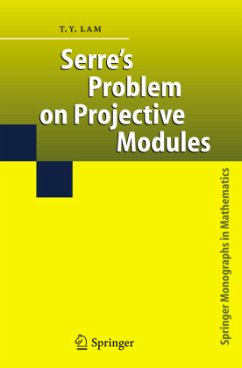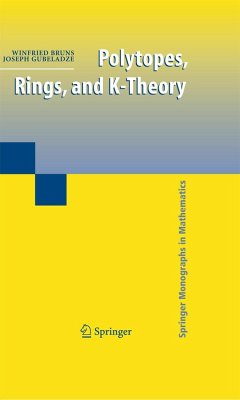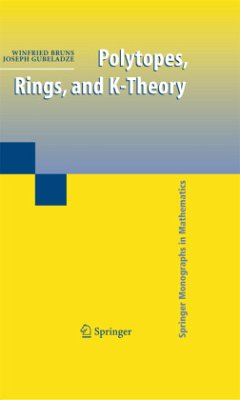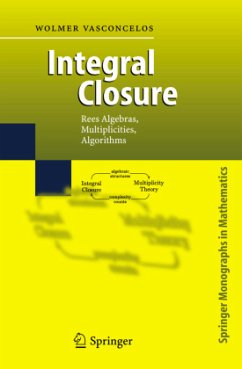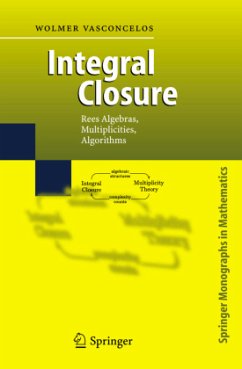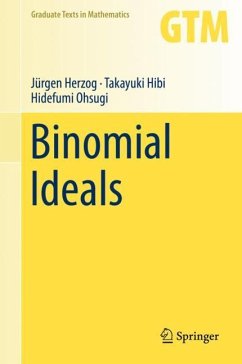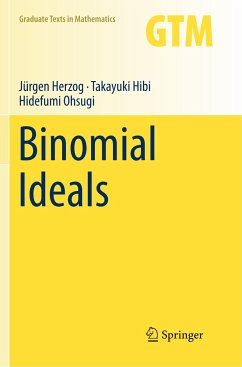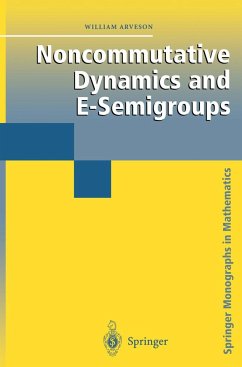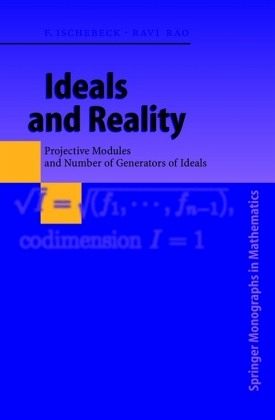
Ideals and Reality
Projective Modules and Number of Generators of Ideals

PAYBACK Punkte
38 °P sammeln!
Besides giving an introduction to Commutative Algebra - the theory of c- mutative rings - this book is devoted to the study of projective modules and the minimal number of generators of modules and ideals. The notion of a module over a ring R is a generalization of that of a vector space over a field k. The axioms are identical. But whereas every vector space possesses a basis, a module need not always have one. Modules possessing a basis are called free. So a finitely generated free R-module is of the form Rn for some n E IN, equipped with the usual operations. A module is called p- jective, ...
Besides giving an introduction to Commutative Algebra - the theory of c- mutative rings - this book is devoted to the study of projective modules and the minimal number of generators of modules and ideals. The notion of a module over a ring R is a generalization of that of a vector space over a field k. The axioms are identical. But whereas every vector space possesses a basis, a module need not always have one. Modules possessing a basis are called free. So a finitely generated free R-module is of the form Rn for some n E IN, equipped with the usual operations. A module is called p- jective, iff it is a direct summand of a free one. Especially a finitely generated R-module P is projective iff there is an R-module Q with P @ Q S Rn for some n. Remarkably enough there do exist nonfree projective modules. Even there are nonfree P such that P @ Rm S Rn for some m and n. Modules P having the latter property are called stably free. On the other hand there are many rings, all of whose projective modules are free, e. g. local rings and principal ideal domains. (A commutative ring is called local iff it has exactly one maximal ideal. ) For two decades it was a challenging problem whether every projective module over the polynomial ring k[X1,. . .



